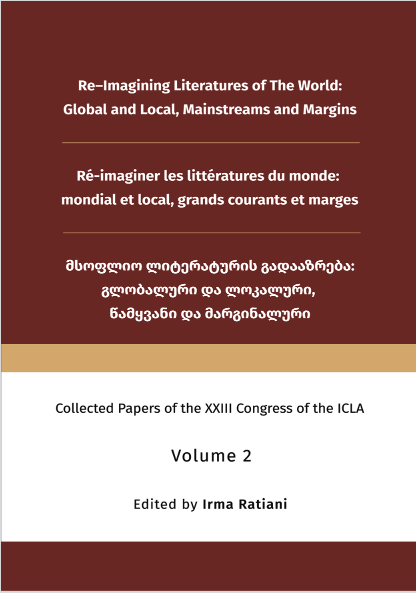Experiencing the Abject Female Body and Writing the Female Self: Body Narrative of In the Heart of the Country
Main Article Content
Abstract
In the Heart of the Country, the second novel by J. M. Coetzee, has been traditionally read as a disembodied writing that focuses on the problem of writing per se instead of the reality. This paper contends that the work is actually a body narrative that explores the visceral pain suffered by Magda whose infertile body impedes her being a qualified subject. As the heroine in a postcolonial novel, Magda is not just a body that is restricted and constructed by the politics of the body, but also a thinking and writing body that consciously questions and resists the gendered bodily norms under whose yardstick her subjecthood is barred. Written in the metafictional manner, Magda’s narrative of the body is not just a record of her corporeal experience, but also a self-conscious negotiation with, and challenge of, the bodily norms under whose yardstick her body has been debased or, in terms of Judith Butler, abjected. Taking her female bodily experience as the starting point, Magda writes a feminine text that values passion, fluidity and non-linearity to disrupt the patriarchal discourse underpinned with logical reasoning. The feminine body narrative endeavors to achieve a new way of communication through which a reciprocal cross race/gender relationship might be established.
